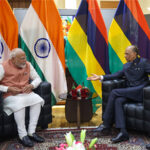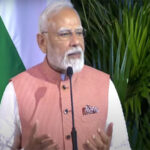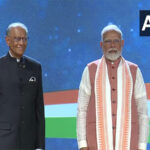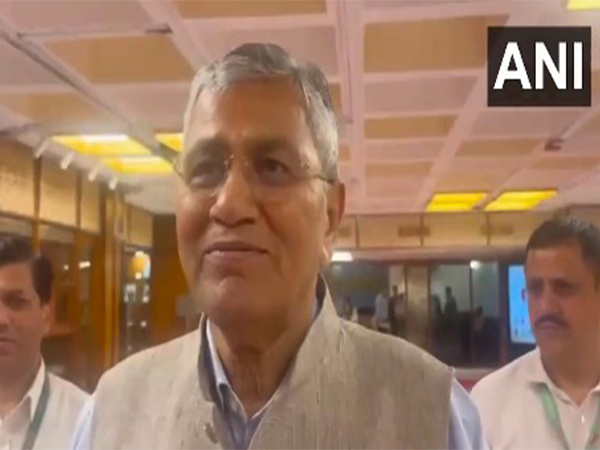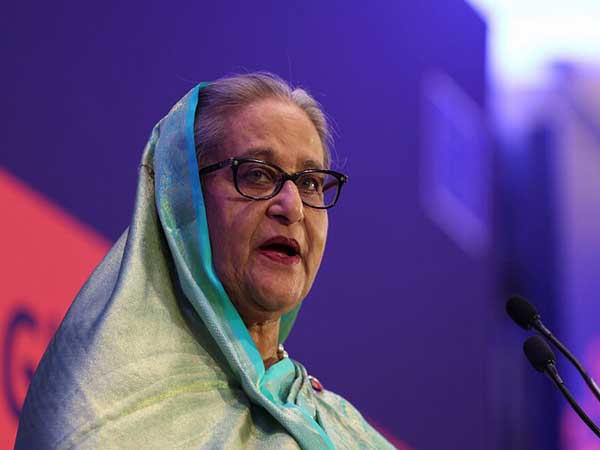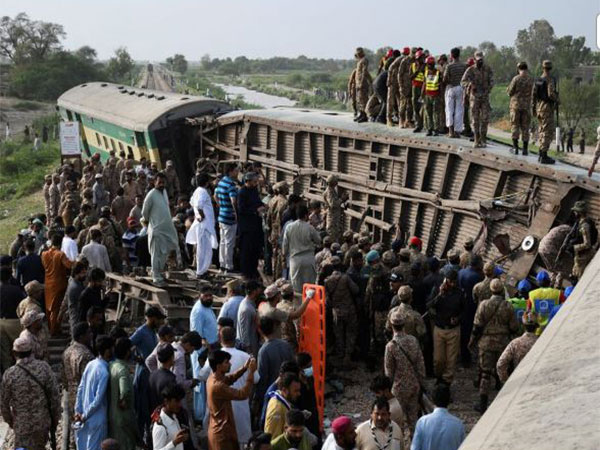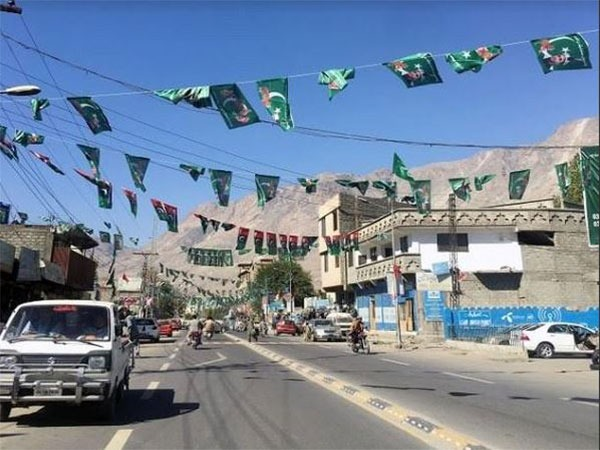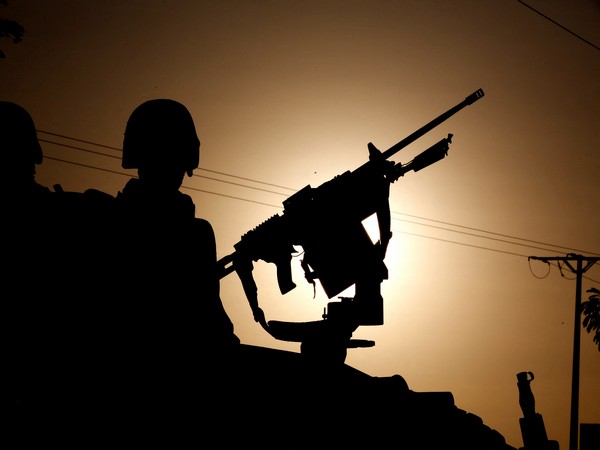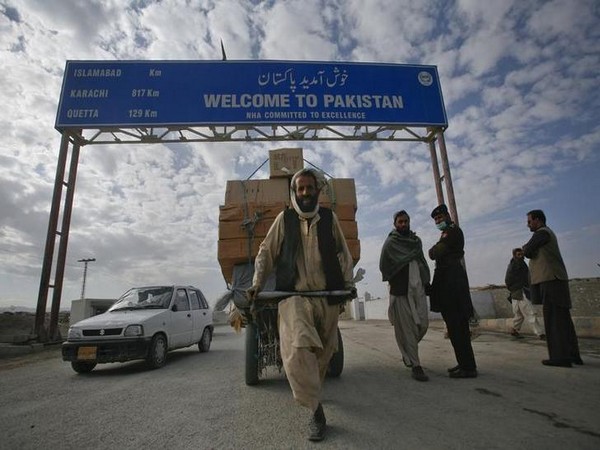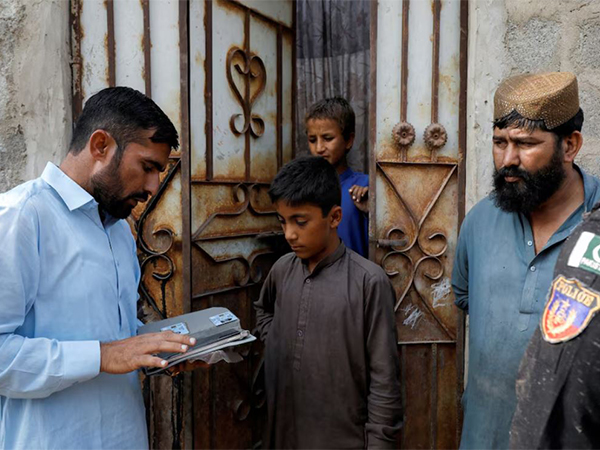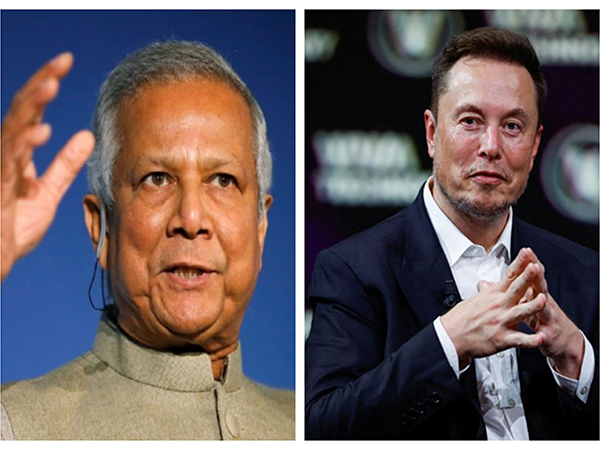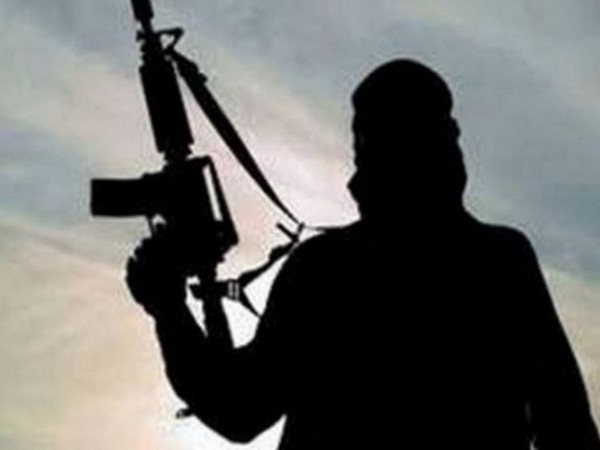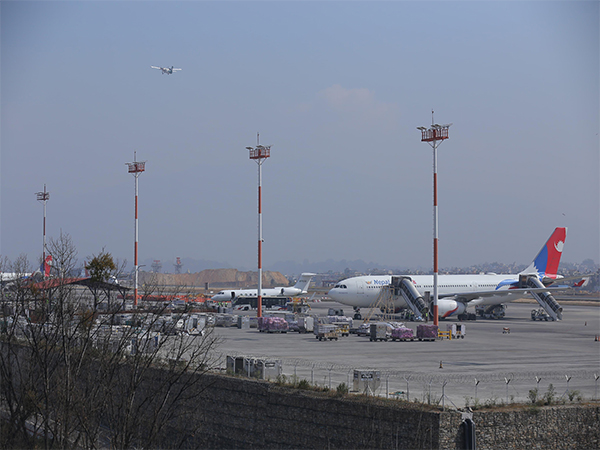
Brussels [Belgium], June 24 (ANI): About 6,500 Pakistani’s are operating as terrorist ranks in Afghanistan, posing a significant threat to the peace, stability and security of the war-torn country and South Asia region, stated a UN Security Council report.
The report released by Analytical Support and Sanctions Monitoring Team, concerning the Taliban and other associated individuals and entities, published in the EU Chronicle, stated that the fighters trained by Pakistan-based terror outfits such as Tehrik-e-Taliban Pakistan, Jaish-e-Mohammed (JeM) and Lashkar-e-Taiba (LeT) act as advisers, trainers and specialists in improvised explosive devices in Afghanistan.
The presence of such terrorists poses a complex challenge for the Taliban to prove its credibility as a counter-terrorism partner in the war-torn country. Furthermore, Pakistan‘s ambitions for Afghanistan and the support of its Inter-Intelligence Services (ISI) to Pak based terrorist organisations, as per the UN report implies that it too wants to be included in the race for control.
Pakistan Prime Minister Imran Khan, in July 2019, on his three-day official visit to Washington, admitted to American lawmakers that successive governments in his country previously had not told the truth to the United States, in particular over the past 15 years where forty different militant groups were operating in Pakistan.
“Until we came into power, the governments did not have the political will, because when you talk about militant groups, we still have about 30,000-40,000 armed people who have been trained and fought in some part of Afghanistan or Kashmir. There was a watershed in Pakistani politics. In 2014, the Pakistani Taliban slaughtered 150 schoolchildren at Army Public School (in Peshawar). All the political parties signed the National Action Plan and we all decided after that, that we will not allow any militant groups to operate inside Pakistan.” Khan said during his appearance at the US Institute of Peace, a US-Congress funded think-tank.
The UN Security Council reports, supported with evidence and Pakistan‘s current failings to comply with the Paris-based FATF’s (Financial Action Task Force) recommendations, has raised concerns for counter-terrorism experts.
Pakistan has been scrambling in recent months to avoid being added to a list of countries deemed non-compliant with anti-money laundering and terrorist financing regulations. The country is already listed as a country of concern for the European Union. Such measures have an impact on Pakistan‘s global ratings and thus damage an already weakened economy.
The FATF’s decision to keep the South Asian country on its “grey list” in 2018 demonstrated that the body believes that Pakistan‘s financial system continues to pose a risk to the international financial system because of “strategic deficiencies” in its ability to prevent terrorism financing and money laundering.
“While noting recent improvements, the FATF again expresses serious concerns with the overall lack of progress by Pakistan to address its terror financing risks, including remaining deficiencies in demonstrating a sufficient understanding of Pakistan‘s transnational terror financing risks, more broadly, Pakistan‘s failure to complete its action plan in line with the agreed timelines and in light of the terror financing risks emanating from the jurisdiction,” FATF stated.
In the period under FATF’s last assessment, a number of terrorist attacks occurred. A number of terrorist groups, including UN-listed groups, operate in Pakistan all of which raise funds through a variety of means including direct support, public fundraising, abuse of non-profit Organisations, and through criminal activities.
Meanwhile, Pakistan‘s geographical landscape and porous borders further increases its vulnerability to terrorism financing and heightens the country’s terrorism financing risks associated with cash smuggling, the EU Chronicle said.
The FATF is expected to evaluate Pakistan‘s progress this month, however, the presence of Pakistani based terrorist groups in Afghanistan is unlikely to be seen favourable. (ANI)



